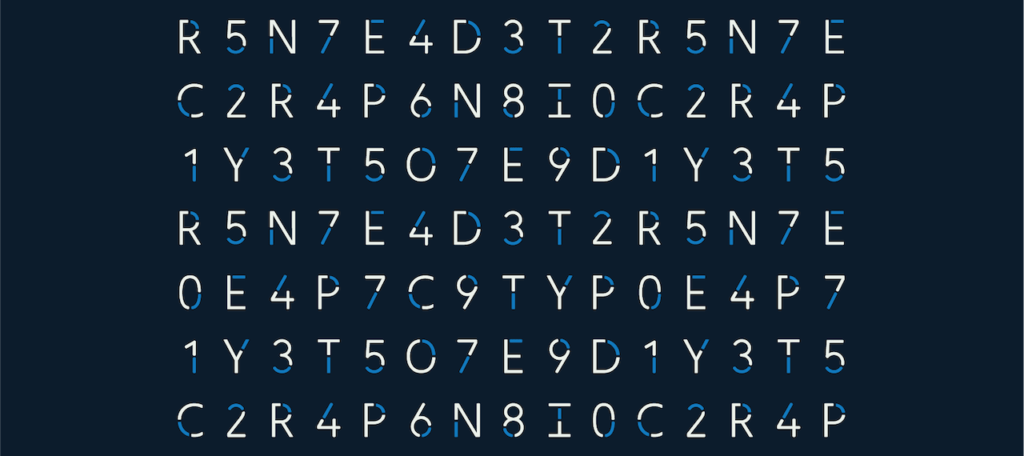0
Want to try open networking for free? Try NVIDIA® Cumulus VX – a free virtual appliance that provides all the features of NVIDIA Cumulus Linux. You can preview and test NVIDIA Cumulus Linux in your own environment, at your own pace, without organizational and economic barriers. You can also produce sandbox environments for prototype assessment, pre-production rollouts, and script development.
NVIDIA Cumulus VX runs on all popular hypervisors, such VirtualBox and VMware VSphere, and orchestrators, such as Vagrant and GNS3.
Our website has the images needed to run NVIDIA Cumulus VX on your preferred hypervisor—download is simple. What’s more, we provide a detailed guide on how to install and set up NVIDIA Cumulus VX to create this simple two leaf, one spine topology:

With these three switches up and running, you are all set to try out NVIDIA Cumulus Linux features, such as traditional networking protocols (BGP and MLAG), and NVIDIA, formally Cumulus Networks-specific technologies, such as ONIE and Prescriptive Topology Manager (PTM). And, not to worry, the NVIDIA Cumulus Linux user guide is always close at hand to help you out, as well as the community Slack channel, where you can submit questions and engage with the wider Continue reading




